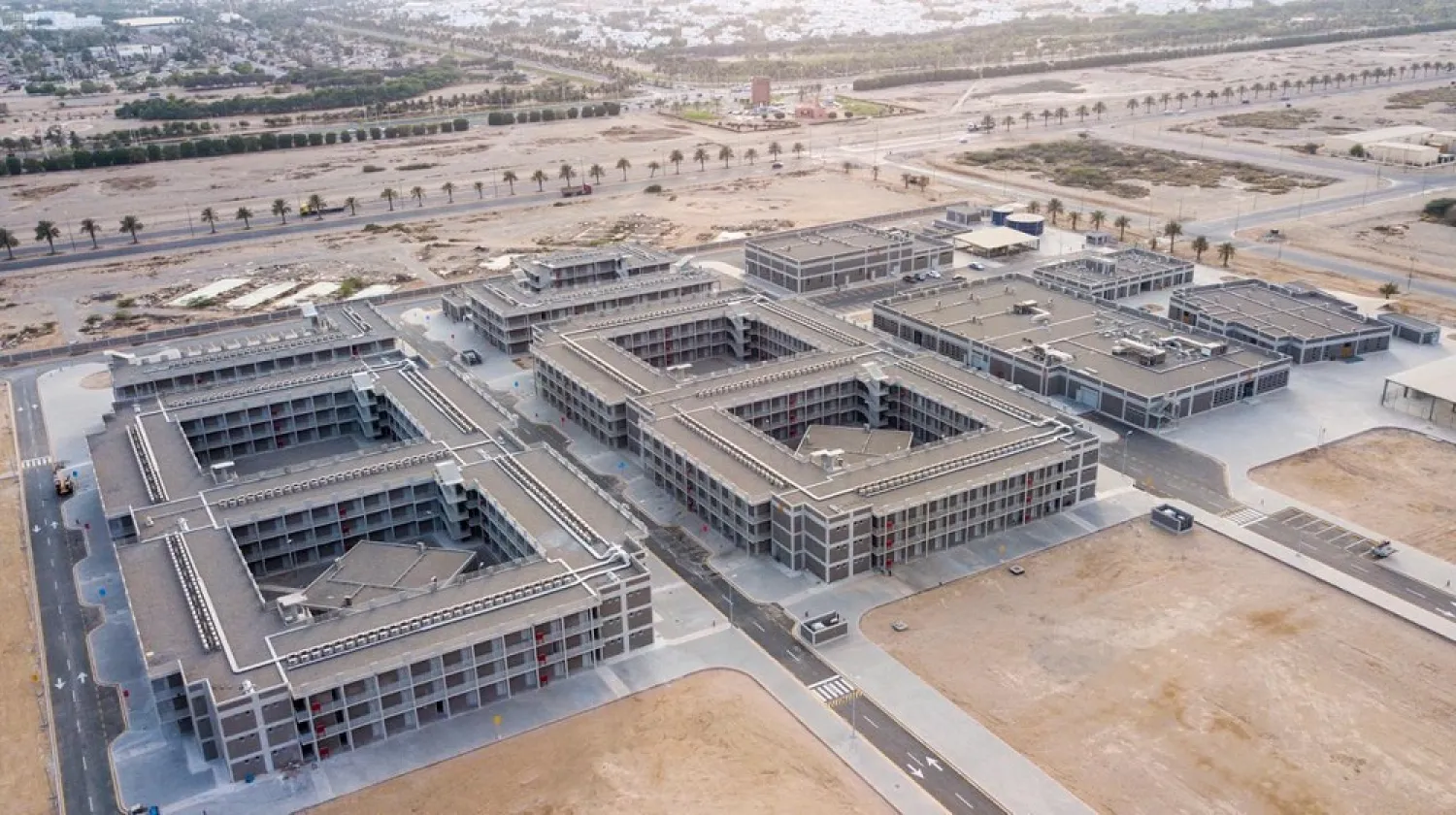Official information revealed on Monday that requests for investment in Saudi basic and manufacturing industries in the cities of Jubail and Yanbu amounted to SAR 50 billion ($13.3 billion) during the first quarter of 2020, despite the repercussions of the outbreak of the novel coronavirus.
Royal Commission president for the two cities, Abdullah bin Ibrahim Al-Saadan, said that the Kingdom’s effective steps to protect citizens and residents from the pandemic and the early and firm precautionary measures it has taken have reduced its negative effects on various aspects of life.
Al-Saadan was speaking during a virtual meeting held on Monday with the members of the National Committee for Industry in the Council of Saudi Chambers, with the participation of the executive heads of the Royal Commission, to answer the questions of businessmen and investors from different regions of the Kingdom.
He noted that the industry and mineral wealth sector was the target of great initiatives to support and stimulate the economy and reduce operating costs and financial obligations to the private sector.
Al-Saadan explained that shipping lines that connect the industrial city of Yanbu with the port of Jeddah and East African ports would serve many investors through the quick access to customers and markets at an appropriate cost and would greatly increase the volume of exports and imports in the future.
With regards to employment in industrial areas, he stated that the Royal Commission was working on a development project that targets the workers’ residential areas.









